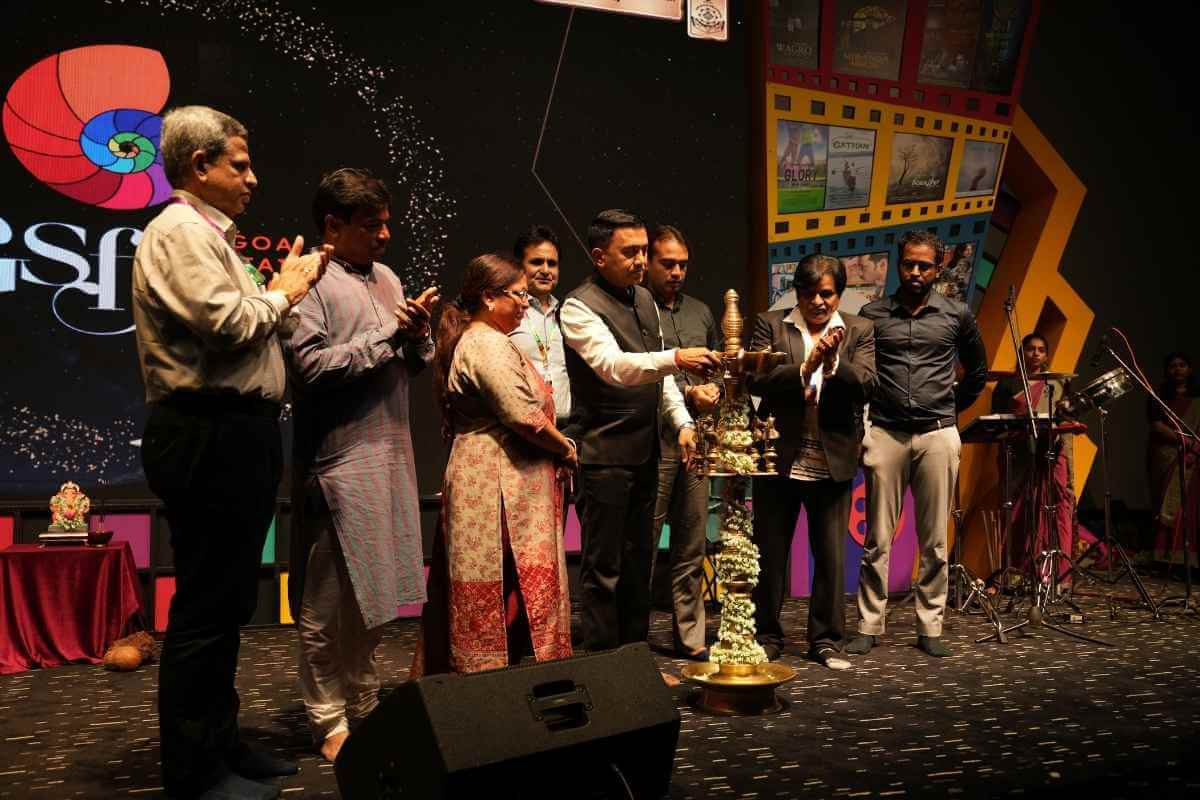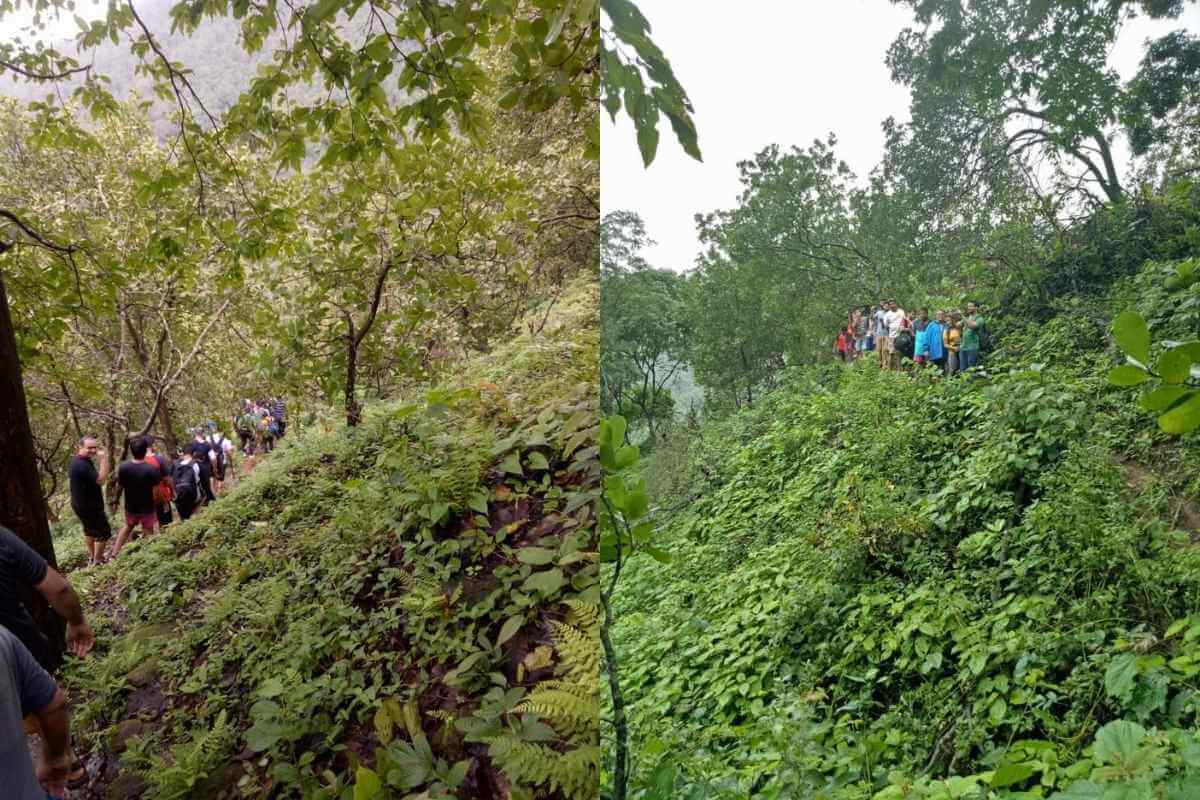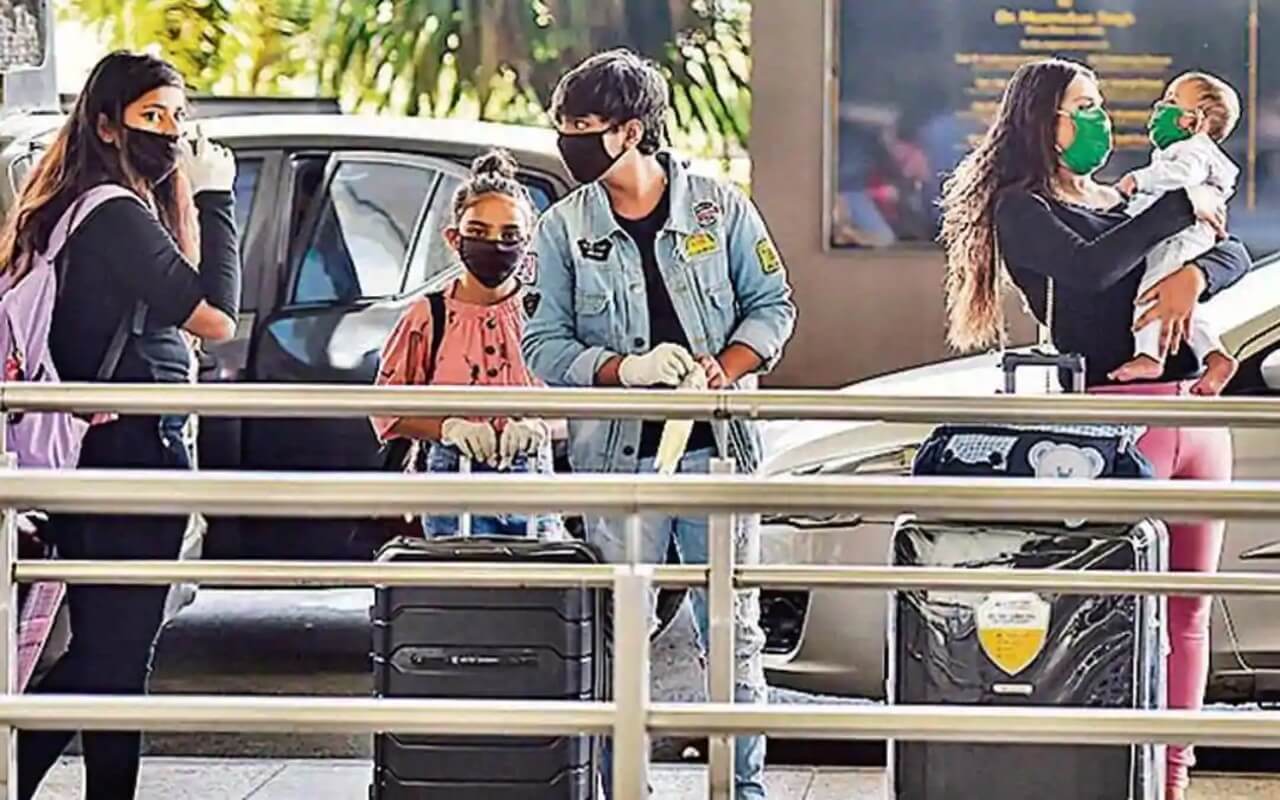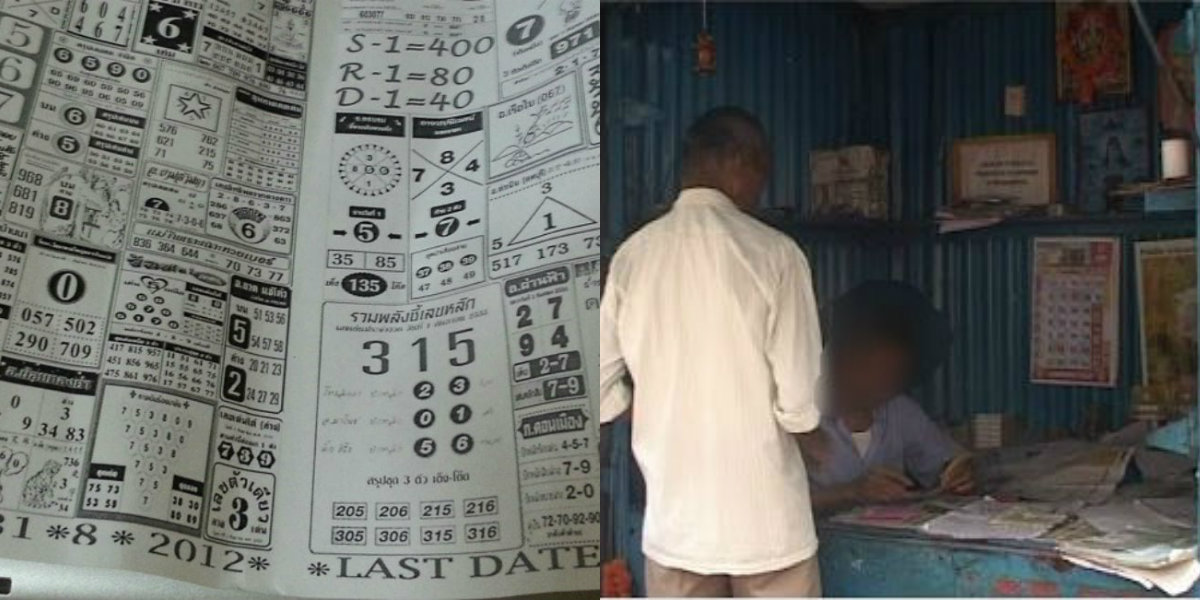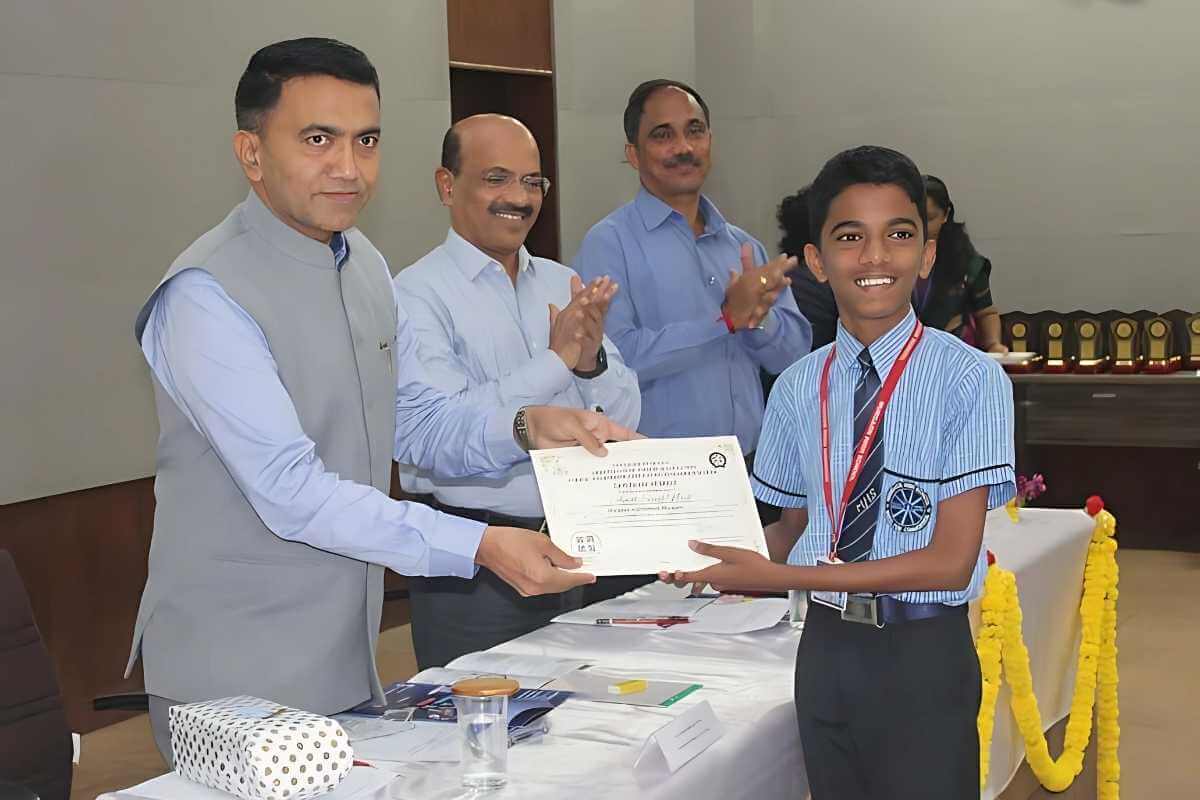About 80 Overseas Citizens of India (OCIs), residing in India, requested the Apex Court on Monday to direct the Government to stop treating them as 2nd class citizens and to allow them to freely express their views & dissent against the government while conferring on them all the rights enjoyed by an Indian citizen.
Appearing for the OCIs, 57 of whom are residents of Bengaluru, Senior Lawyer R Venkataramani told a bench of CJI S A Bobde & Justices A S Bopanna & V Ramasubramanian that though they contribute a lot to India through payment of taxes & through their profession, they live in fear of losing their OCI status because of arbitrary power conferred on the government to cancel their status. The bench sought the Centre’s response.
Led by Bengaluru-based medicine expert Radhika Thappeta, the petitioners complained that section 7D of the Citizenship Act allows the Union government to cancel the registration of OCIs & prohibit them from residing in India over violation of any law or for showing disaffection to the Constitution of India.
They said that “Section 7D(b) of the Act allows the government to cancel a person’s OCI registration if they show disaffection to the Constitution of India & Section 7D(da) allows cancellation of OCI registration for violation of any law. Both these provisions under Section 7D are arbitrary & have a chilling effect on the freedom of expression of OCIs, several of whom in spite of being permanently resident in India cannot express peaceful dissent against the state for fear that such dissent will amount to either disaffection to the Constitution of India or the violation of any law so prescribed”.
According to the petitioners, the government’s policy decisions severely curtailed “the basic rights of OCIs & gave the government unbridled & un-canalized discretionary powers to terminate their citizenship. This subjects OCIs to a constant state of hardship, fear & uncertainty. Further, this wholly defeats the very purpose of the OCI scheme which was unequivocally to grant dual citizenship”.
Furthermore, according to the MHA notification issued on Nov 15, 2019, OCIs were allowed to practice the professions of doctors, architects, advocates & chartered accountants as per relevant laws. But there was a whole list of other professions that were arbitrarily left out without sufficient reasons.
They said that “By limiting the number of professions that OCIs can have parity with NRIs in pursuing, several OCIs practicing other non-enumerated professions are hindered from meaningfully participating in & contributing to their professional streams in India. Although several OCIs reside & pay taxes in India, such persons are unable to meaningfully voice their grievance with local government authorities over civic infrastructure out of fear that their overseas citizenship may be canceled for expressing their right to raise public grievances”.
The Nov 2019 MHA notification granted adoption rights to OCIs on par with NRIs. “However, where an OCI or NRI living abroad adopts a child from India following the inter-country adoption regulations, then the host foreign country often automatically grants foreign citizenship to the adopted child who has at least one parent as a citizen of that host country. As per Section 9(1) of the Citizenship Act, this results in the child automatically losing his or her Indian citizenship without granting any opportunity to the child to retain his or her Indian citizenship on attaining majority,” the petitioners said.
Also even while OCIs worked & resided permanently in India, they were often disentitled to seek information from state authorities under the Right to Information Act.
Photo by Kelly Lacy from Pexels







